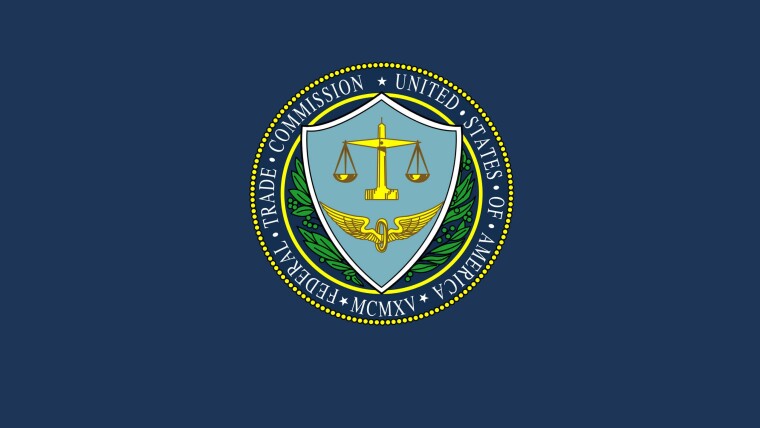URGENT UPDATE: FTC Chairman Andrew N. Ferguson has just put Big Tech on notice, demanding that U.S. technology companies prioritize American user data security amid increasing pressures from European Union and United Kingdom regulators. In a critical letter sent to over a dozen major tech firms, Ferguson emphasized that compliance with foreign regulations must not compromise the integrity of user data.
This notice comes in light of allegations that some European requests could potentially undermine data security. Ferguson stated, “Foreign governments seeking to limit free expression or weaken data security in the United States might count on the fact that companies have an incentive to simplify their operations by applying uniform policies across jurisdictions.” His remarks highlight a significant concern about the balance between regulatory compliance and user protection.
The letter was addressed to tech giants including Akamai, Alphabet, Amazon, Apple, Cloudflare, Discord, GoDaddy, Meta, Microsoft, Signal, Snap, Slack, and X. Ferguson specifically criticized the EU’s Digital Services Act, asserting that it could lead to increased censorship and weakened encryption practices globally.
The urgency of this message is heightened by recent developments. The UK government had previously pressured U.S. tech firms to weaken their encryption standards under the Investigatory Powers Act, potentially allowing access to the encrypted data of all Apple users worldwide. After significant backlash and intervention from U.S. officials, that demand was ultimately dropped.
Ferguson’s warning is clear: censoring Americans at the behest of foreign authorities is not only a violation of the law but also poses a threat to freedom of expression. The Trump administration has shown readiness to take action to protect American companies from undue foreign influence, underscoring the stakes involved.
As this situation develops, tech companies must navigate these complex regulatory waters while maintaining their commitment to user privacy and data security. Stakeholders and consumers alike should remain vigilant, as the outcomes of these discussions could significantly impact how data privacy is approached in the digital age.
The broader implications of Ferguson’s statements resonate beyond just the tech industry; they raise crucial questions about the future of privacy, regulation, and free speech in a globalized world. Watch for updates as this story unfolds, and consider the potential ramifications for both users and companies as they respond to international demands.
